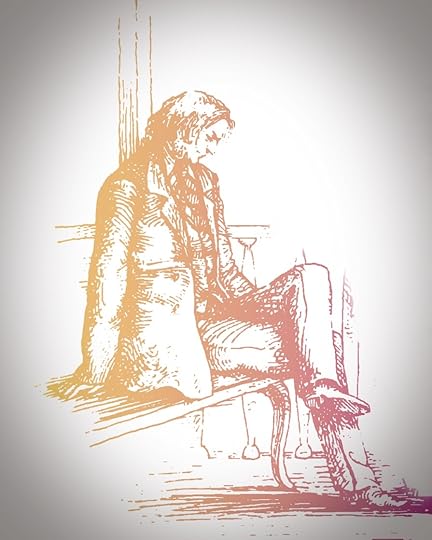What do you think?
Rate this book


244 pages, Mass Market Paperback
First published February 1, 1862
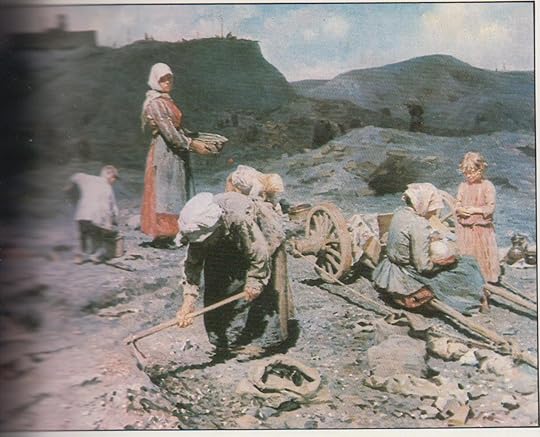

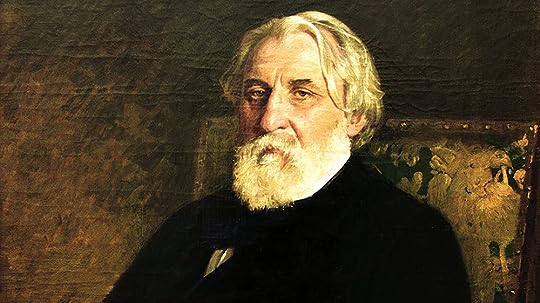



He has no faith in princeeples, only in frogs.
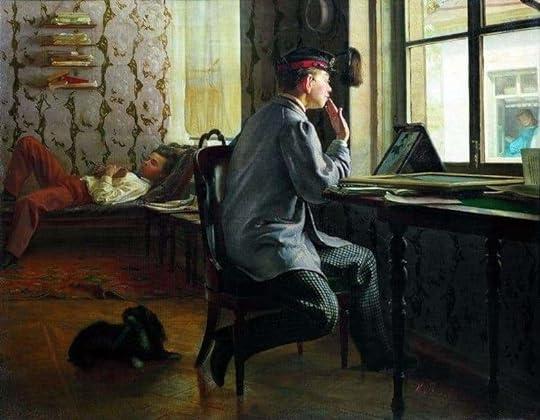
'He is a nihilist,' repeated Arkady.
'A nihilist,' said Nikolai Petrovich. 'That comes from the Latin nihil—nothing, I imagine; the term must signify a man who... who recognises nothing?'
'Say—who respects nothing,' put in Pavel Petrovich, and set to work with the butter again.
'Who looks at everything critically,' observed Arkady.
'Isn't that exactly the same thing?' asked Pavel Petrovich.
'No, it's not the same thing. A nihilist is a person who does not take any principle for granted, however much that principle may be revered.'
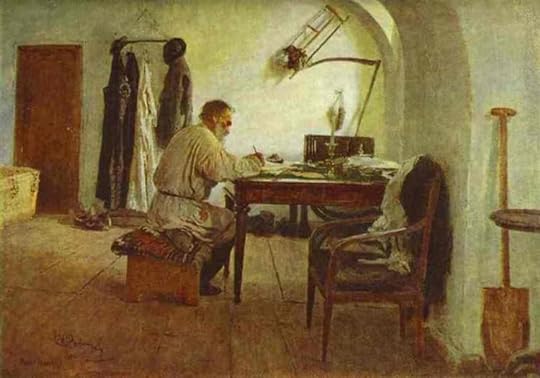
'This is what we do. Not so very long ago we were saying that our officials took bribes, that we had no roads, no trade, no impartial court of justice...'
'Oh, I see, you are accusers—that, I think, is the right name. Well, I too should agree with many of your criticisms, but...'
'Then we realised that just to keep on and on talking about our social diseases was a waste of time, and merely led to a trivial doctrinaire attitude. We saw that our clever men, our so-called progressives and reformers never accomplished anything, that we were concerning ourselves with a lot of nonsense, discussing art, unconscious creative work, parliamentarianism, the bar, and the devil knows what, while all the time the real question was getting daily bread to eat, when the most vulgar superstitions are stifling us, when our industrial enterprises come to grief solely for want of honest men at the top, when even the emancipations of the serfs—the emancipation the government is making such a fuss about—is not likely to be to our advantage, since those peasants of ours are only too glad to rob even themselves to drink themselves silly at the gin-shop.'
'So,' Pavel Petrovich interrupted him—'so you were convinced of all this and decided not to do anything serious yourselves.'
'And decided not to do anything serious,' Bazarov repeated grimly.
'Tell me, why is it that even when we are enjoying music, for instance, or a beautiful evening, or a conversation in agreeable company, it all seems no more than a hint of some infinite felicity existing apart somewhere, rather than actual happiness—such, I mean, as we ourselves can really possess? Why is it? Or perhaps you never felt like that?'
The reader is ready to take offense: he has to clear his own path rather than follow an established one. "Why should I trouble myself?" the reader involuntarily begins to think—"books exist for distraction not for breaking on'es head; and what would it cost the author to say how I should think about a particular figure—what he himself thinks of him!"Also, I can't fault a guy who writes stuff like the above too much. I just can't.
-Apropos of Fathers and Sons
